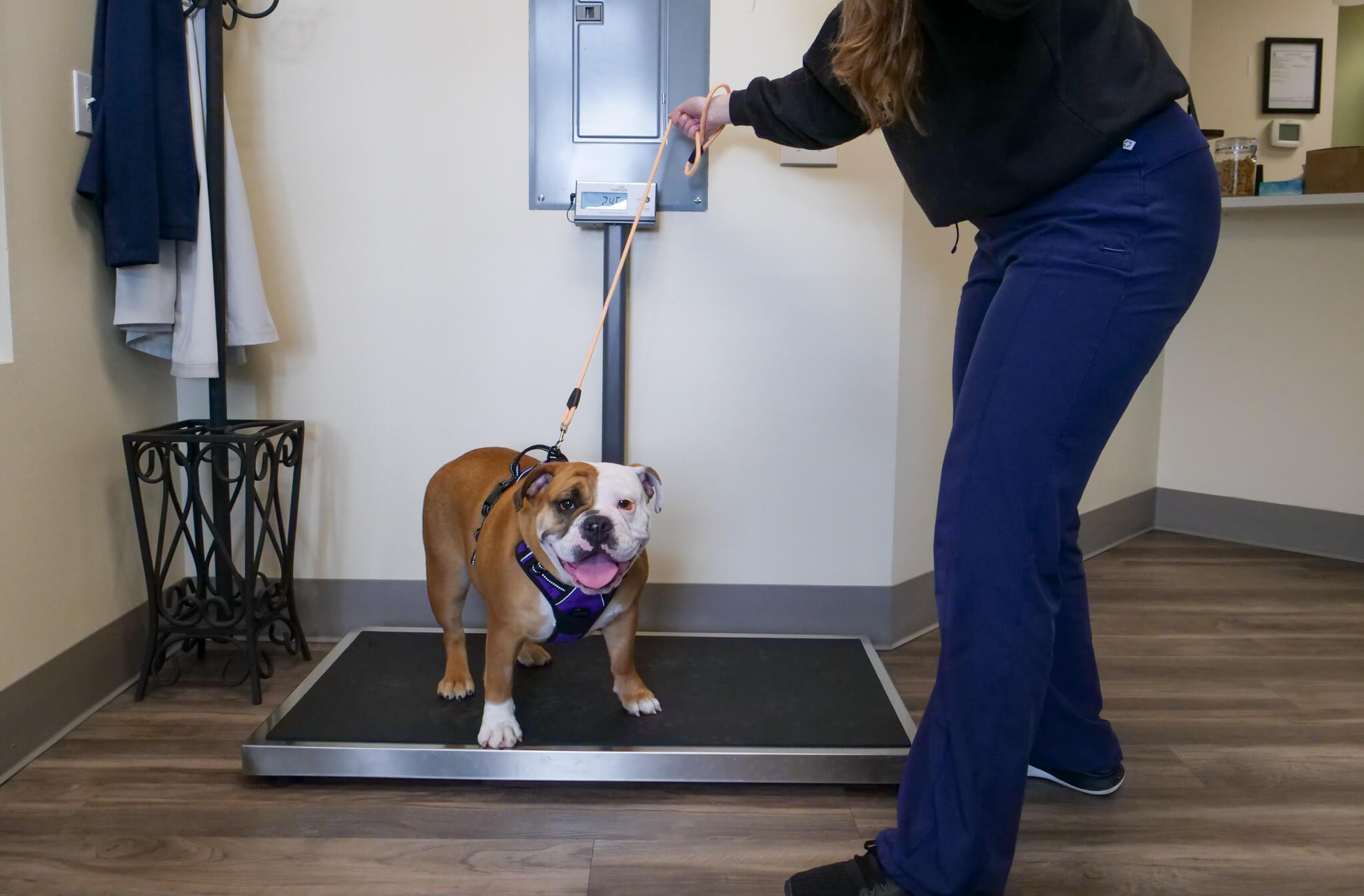Mon, Wed, Fri: 8:30 AM – 5:00 PM
Tues & Thurs: 8:00 AM – 7:00 PM
Sat: 8:30 AM – 1:30 PM
Tues & Thurs: 8:00 AM – 7:00 PM
Sat: 8:30 AM – 1:30 PM
Mon, Wed, Fri: 8:30 AM – 5:00 PM
Tues & Thurs: 8:00 AM – 7:00 PM
Sat: 8:30 AM – 1:30 PM
Tues & Thurs: 8:00 AM – 7:00 PM
Sat: 8:30 AM – 1:30 PM
Blog
Keep Your Pet Healthy With Our Blog

Canine Respiratory Illness
December 21, 2023
Should you be concerned about respiratory illness in your dog? A mystery canine respiratory illness has been spreading across the nation with occurrences reported in

Health Theme Months for 2023
January 2, 2023
Catlett Animal Hospital works hard to highlight important pet health concerns year round. Join us in these special focus months to learn more and receive

Heat Stroke: How to Spot it, Treat it, and Prevent it
July 1, 2022
As the temperature continues to rise and we start enjoying the outdoors with our furry friends, our pets are at risk of developing heat stroke.

Health Theme Months
December 31, 2019
Health Theme Months at Catlett Animal Hospital Catlett Animal Hospital works hard to highlight important pet health concerns year round. Join us in these special

